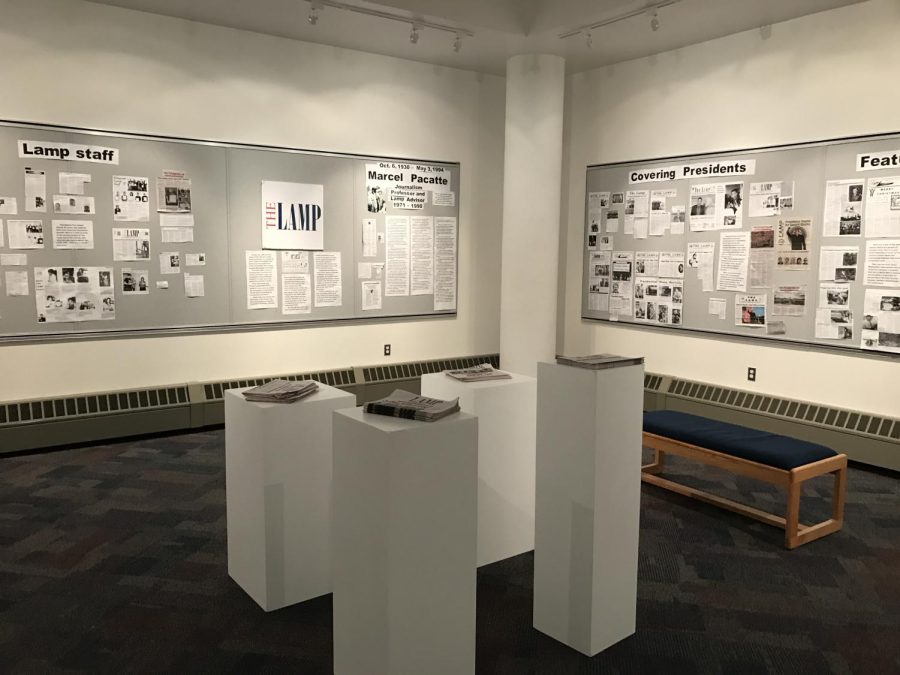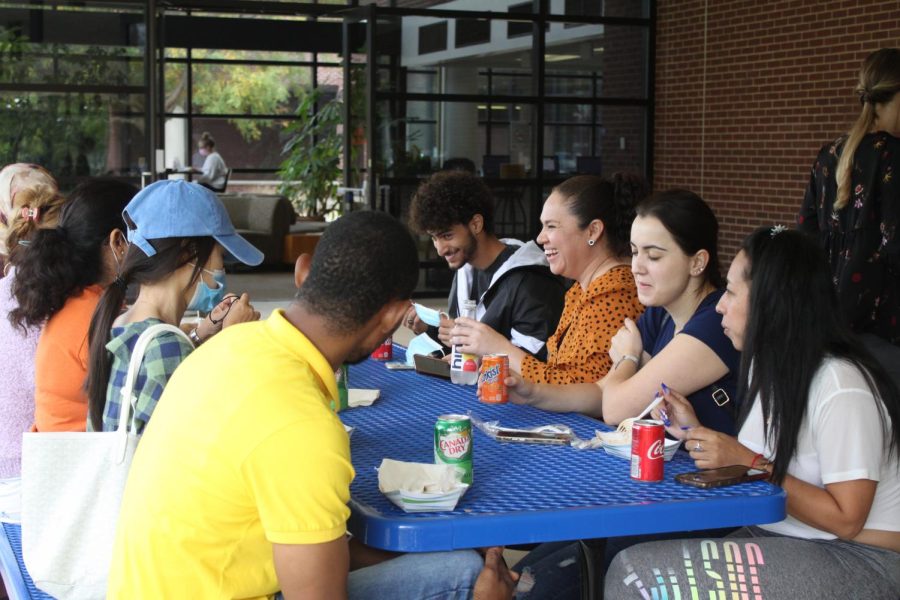By Logan McHenry
Lamp Writer
BELMOPAN, Belize — Professor Dave Cox and 12 Lincoln Land students recently traveled to Belize to continue more than a decade of research that aims to assure there is safe drinking water in the Central American nation.
Cox’s class tested the pH, nitrate, phosphorus and dissolved oxygen levels of the Sibun River. The types of macro invertebrates that currently live in the river were also examined.
“The macro invertebrates, I think, are the most important to look at,” said Cox, who teaches biology. These organisms are a better indicator of the quality of the water that lies in Sibun River. Theoretically, the more organisms in the river, the healthier the water.
Macro invertebrates are small invertebrates, but they are large enough to be seen with the naked eye.
A LLCC student, Ryan Neal, states his favorite part in the research process, “I loved using the nets to catch the various macro invertebrates in the river. I liked learning to identify them and seeing the diversity present in the water.”
The class observed a total of 22 different types of organisms, which categorized the water quality in the low end of the “excellent” range. Knowing that many organisms still live in these parts of the water are a good sign that the water quality is not declining.
Every year, Cox takes a group down to Belize, and they continue to grab more samples. If one type of organism starts to become missing after a few years, it draws suspicion to why it has vanished.
He likes to show the students how to test for various factors that can alter the water quality and likes to help the students realize how fortunate they are with the quality of water here in the United States.
“Everyone needs water. Water is essential. Access to clean, safe water is something that we take for granted in this country. It is a luxury,” Cox claims.
Some people in other countries less fortunate than the United States have no way of determining if the water that they are drinking is safe or not. The water could contain some type of contamination or pollutant.
“I think our study was very valuable to the people of Belize,” said Catherine Wittler, a Lincoln Land student who went on the trip. “And it was very rewarding for us to know that we are helping make a difference in somebody’s life in another country.”
The research site is toward the head of the Sibun River with only a cattle farm, the resort the class stayed and a few houses between the site and the Maya Mountains. If a problem occurs, the source of the problem would be easy to pinpoint.
Cox and his classes have been sampling for 11 years now.
“Fortunately, we haven’t seen very many changes in water quality over the years,” Cox said.
Logan McHenry can be reached at [email protected]





